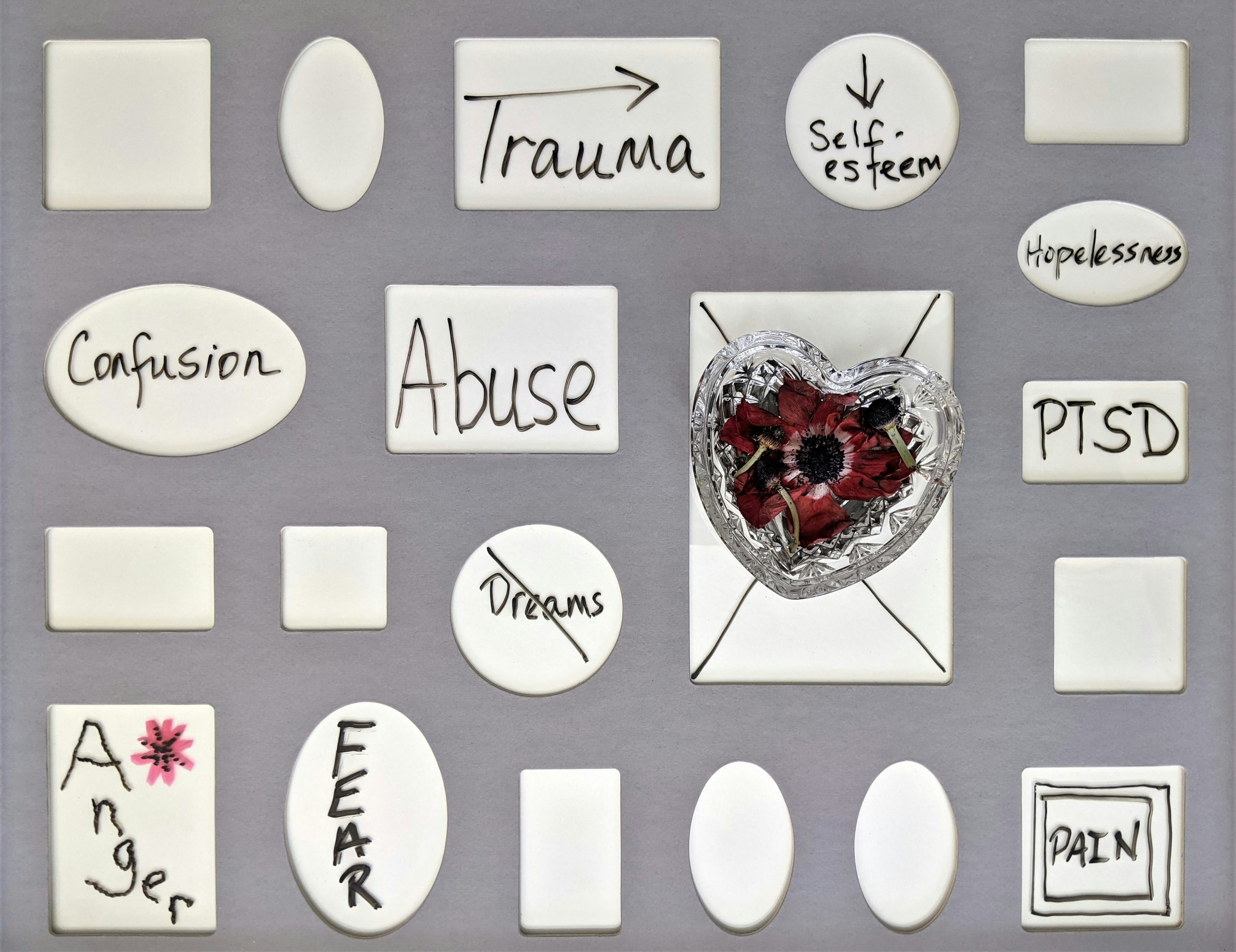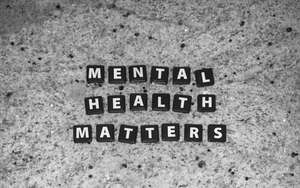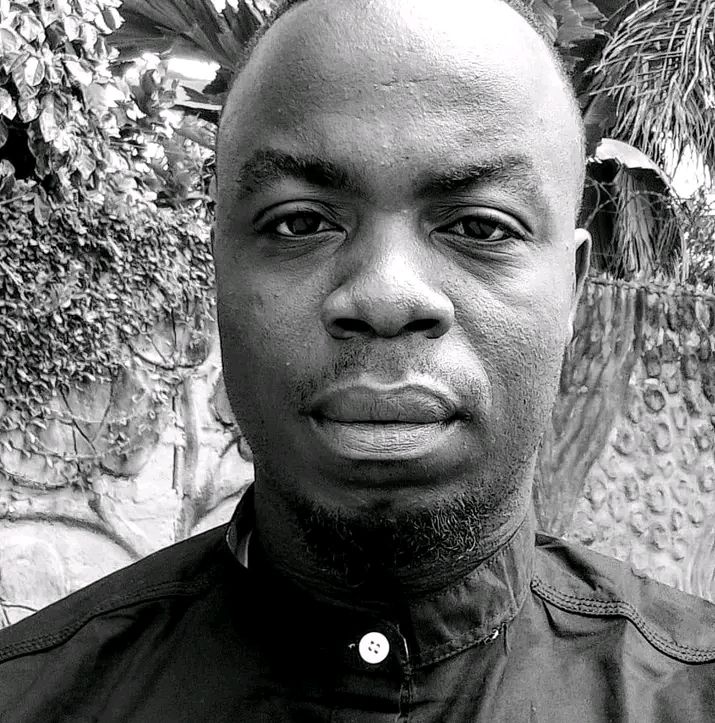
Building Your Mental Health Toolkit: 5 Essential Skills
Reading Time: 2min
Life comes with its share of stresses and challenges, but having some reliable tools can help you navigate them with more ease and resilience. Think of these five skills as the foundation of your mental health toolkit - simple practices you can turn to when you need them most.
1. The Pause and Breathe Skill
When emotions feel overwhelming, the first and most powerful thing you can do is pause. Stop what you're doing and take three conscious breaths. Breathe in slowly through your nose, and out slowly through your mouth. This isn't about solving the problem immediately - it's about creating a moment of space between you and your reaction. Practice this daily, even when you're not stressed, so it becomes second nature when you really need it.
2. The Naming Feelings Skill
Many of us go through our days without really acknowledging what we're feeling. Try to regularly check in with yourself and name your emotion. Are you anxious? Disappointed? Overwhelmed? Just saying "I'm feeling stressed right now" or "This is sadness" can reduce the intensity of the emotion. Remember: feelings are information, not commands. Naming them helps you understand what you need.
3. The Grounding Skill
When your thoughts are racing or you're feeling disconnected, grounding brings you back to the present. Use your senses: notice five things you can see, four things you can feel, three things you can hear, two things you can smell, and one thing you can taste. This simple exercise interrupts anxious thought patterns and reconnects you with your immediate environment.
4. The Self-Compassion Skill
We're often much harder on ourselves than we would be on a friend. When you're struggling, try speaking to yourself with the same kindness you'd offer someone you care about. Instead of "I can't believe I messed that up," try "It's okay, everyone makes mistakes." Place a hand on your heart or give yourself a gentle hug - physical gestures of compassion can be surprisingly comforting.
5. The Small Step Skill
When you're feeling stuck or overwhelmed, break things down. Instead of thinking about everything you need to do, focus on one small, manageable step. It could be as simple as making a cup of tea, writing one email, or putting on comfortable clothes. Completing one small action creates momentum and reminds you that you're capable of moving forward.
Remember that building these skills takes practice - they're like muscles that get stronger with regular use. You don't need to master them all at once. Start with one that feels manageable, and add others as you become more comfortable. What matters is that you're building resources that will support you through both calm and challenging times.

















